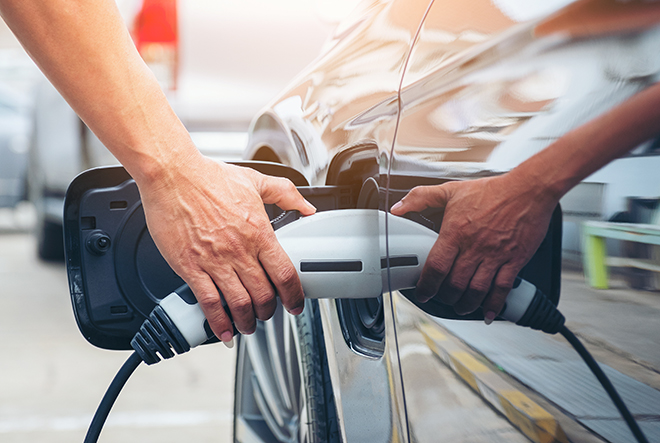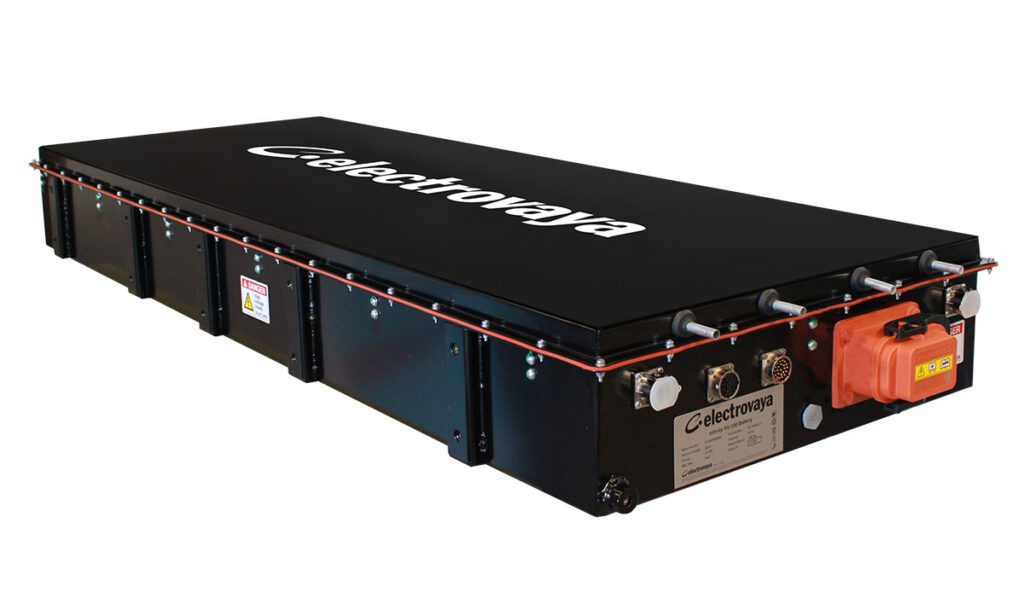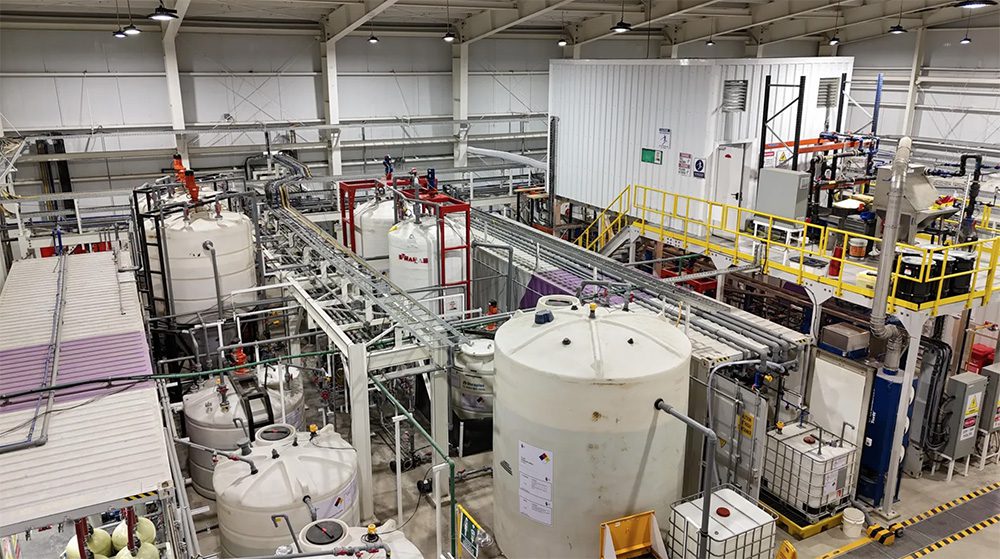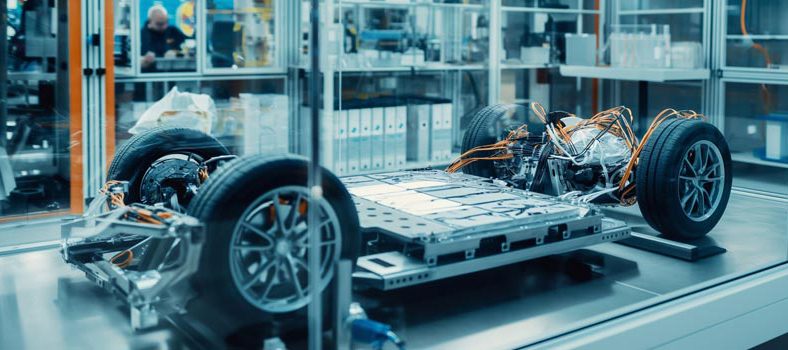Utility holding company Xcel Energy, which serves customers in Colorado, Michigan, Minnesota, New Mexico, the Dakotas, Texas and Wisconsin, is hoping to have 1.5 million EVs in its service areas by 2030. This would represent 20% of all vehicles on the road, or about 30 times the number today.
Xcel estimates that deploying 1.5 million EVs would reduce carbon emissions by nearly 5 million tons annually, or about three tons per vehicle. EVs charged on Xcel Energy increasingly clean grid will have about 80% lower carbon emissions than gas-powered cars by 2030.
Xcel Energy will help lead the way by electrifying its own vehicle fleet. It plans to electrify all sedans by 2023, all light-duty vehicles by 2030, and 30% of its medium- and heavy-duty vehicles by 2030.
Xcel has proposed plans in Colorado, Minnesota, New Mexico and Wisconsin to support residential charging, speed fleet electrification, and expand public charging options. The company’s proposals to date represent planned investments of about $300 million.
“Electric vehicles are the next frontier in the clean energy transition, and we are committed to making charging EVs easy, convenient and affordable for customers,” said Xcel CEO Ben Fowke. “By accelerating EV adoption in the coming years, we can drive major reductions in carbon emissions while helping our customers save money and making the most of our clean energy investments. We have substantial plans in place in the states we serve, and we can expand on this with partnership and support from policymakers, regulators, customers, automakers and our communities.”
“We are already busy creating new charging options for customers, whether they are residential customers or companies and government agencies with large vehicle fleets,” said Xcel Executive VP Brett Carter. “We are actively seeking partnerships with automakers, tech and charging companies, other private and public sector entities, as well as our communities and customers, to find innovative ways to drive toward an electric vehicle future.”
Source: Xcel Energy via Green Car Congress



















































































